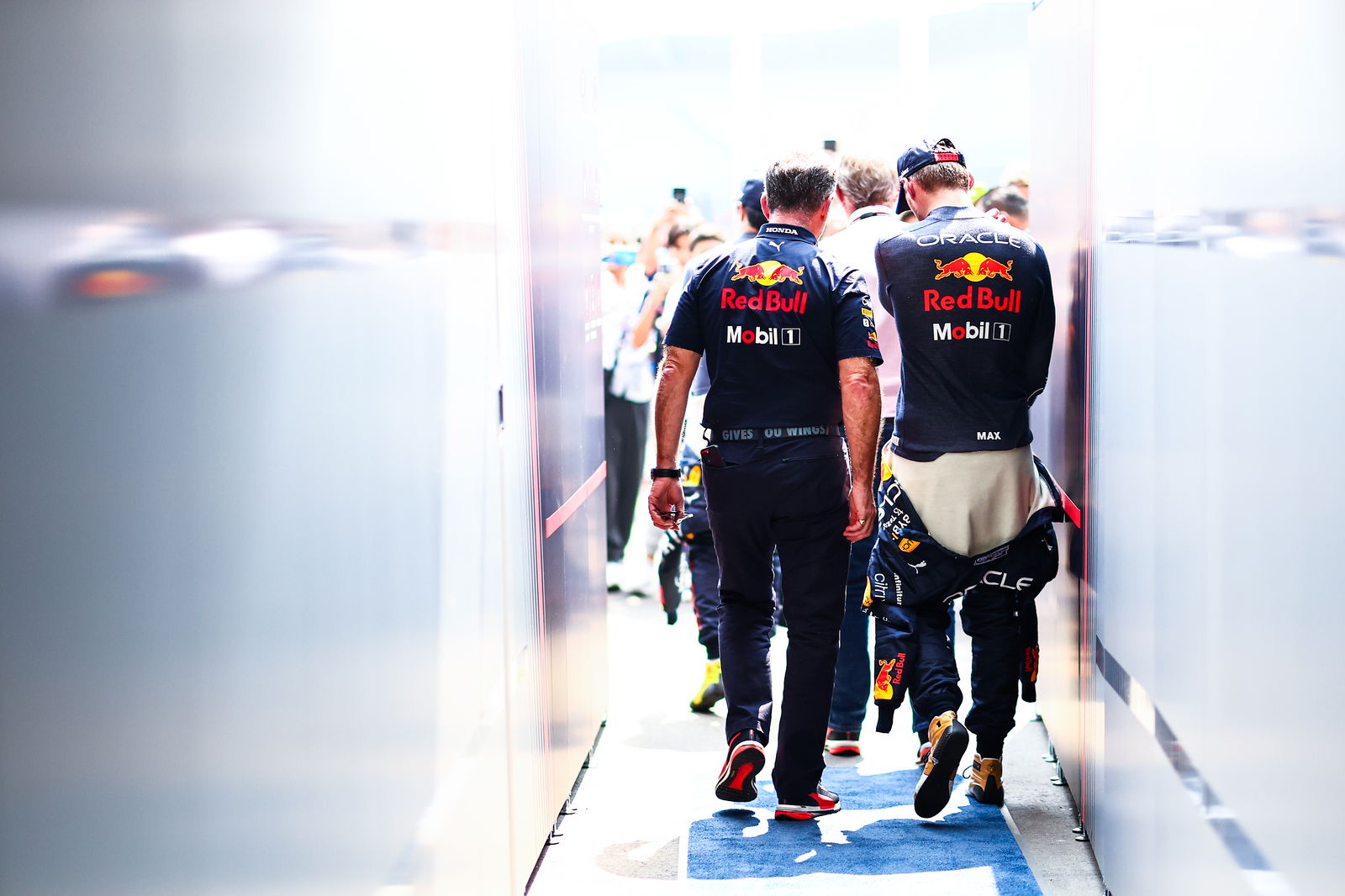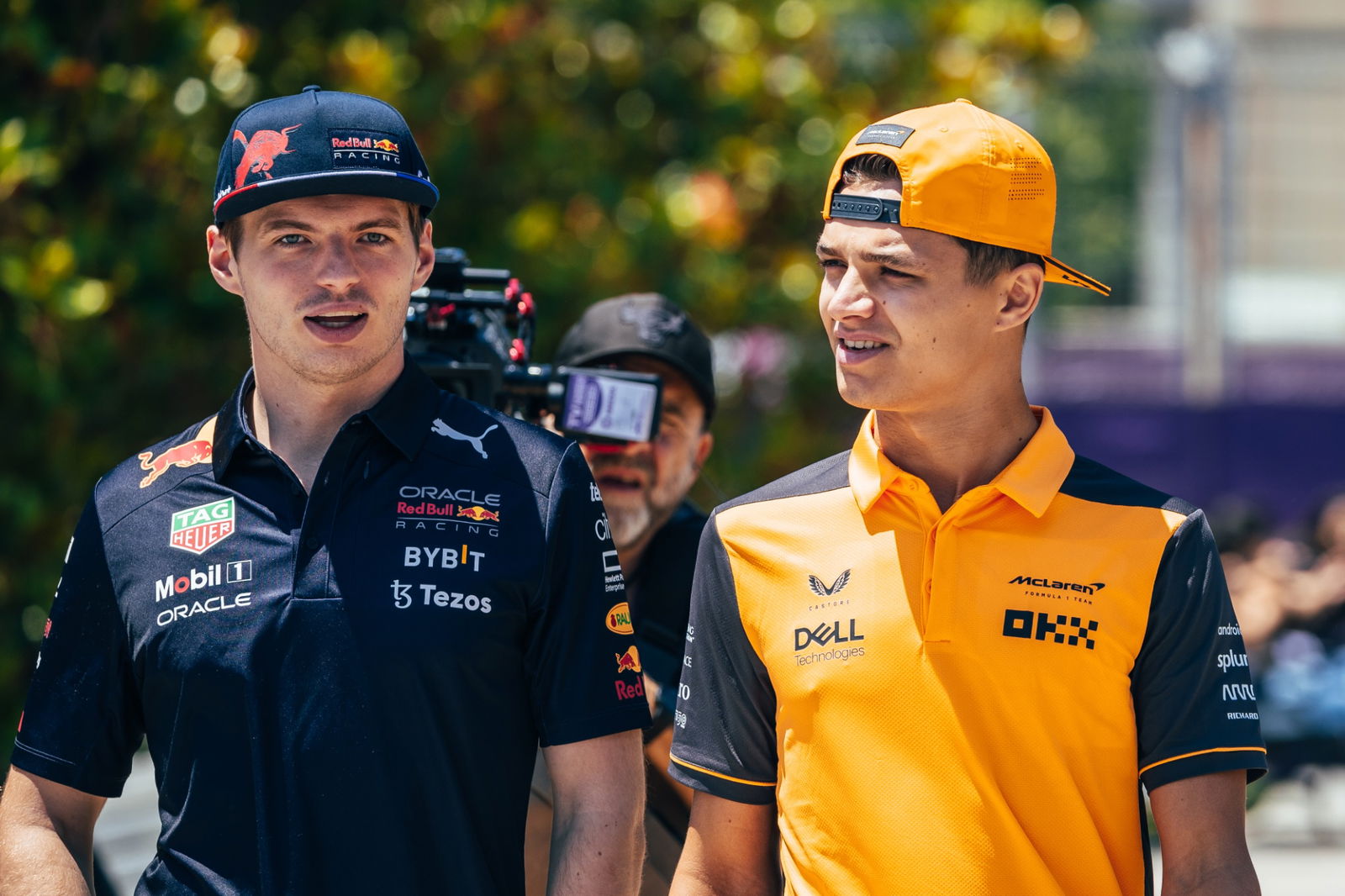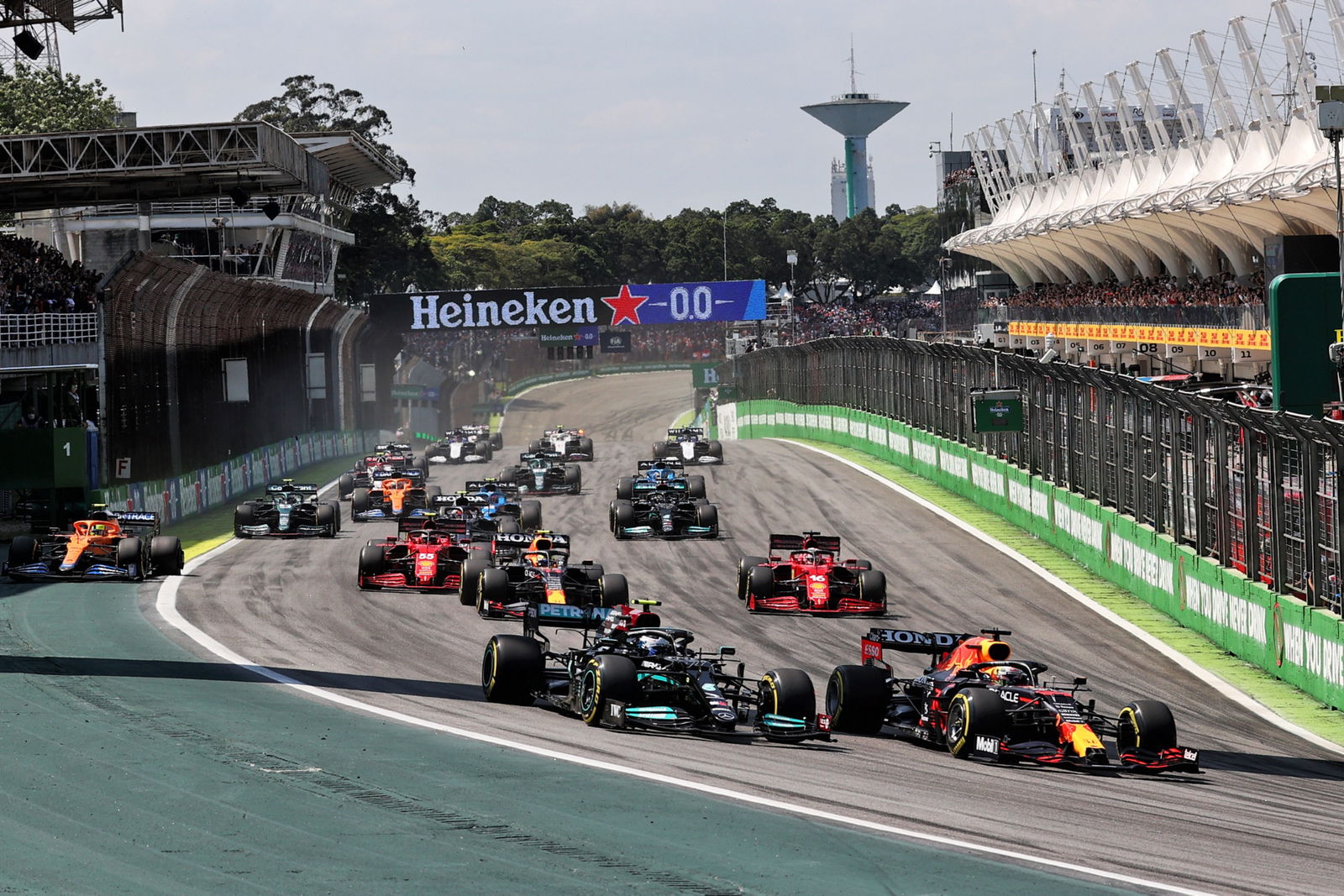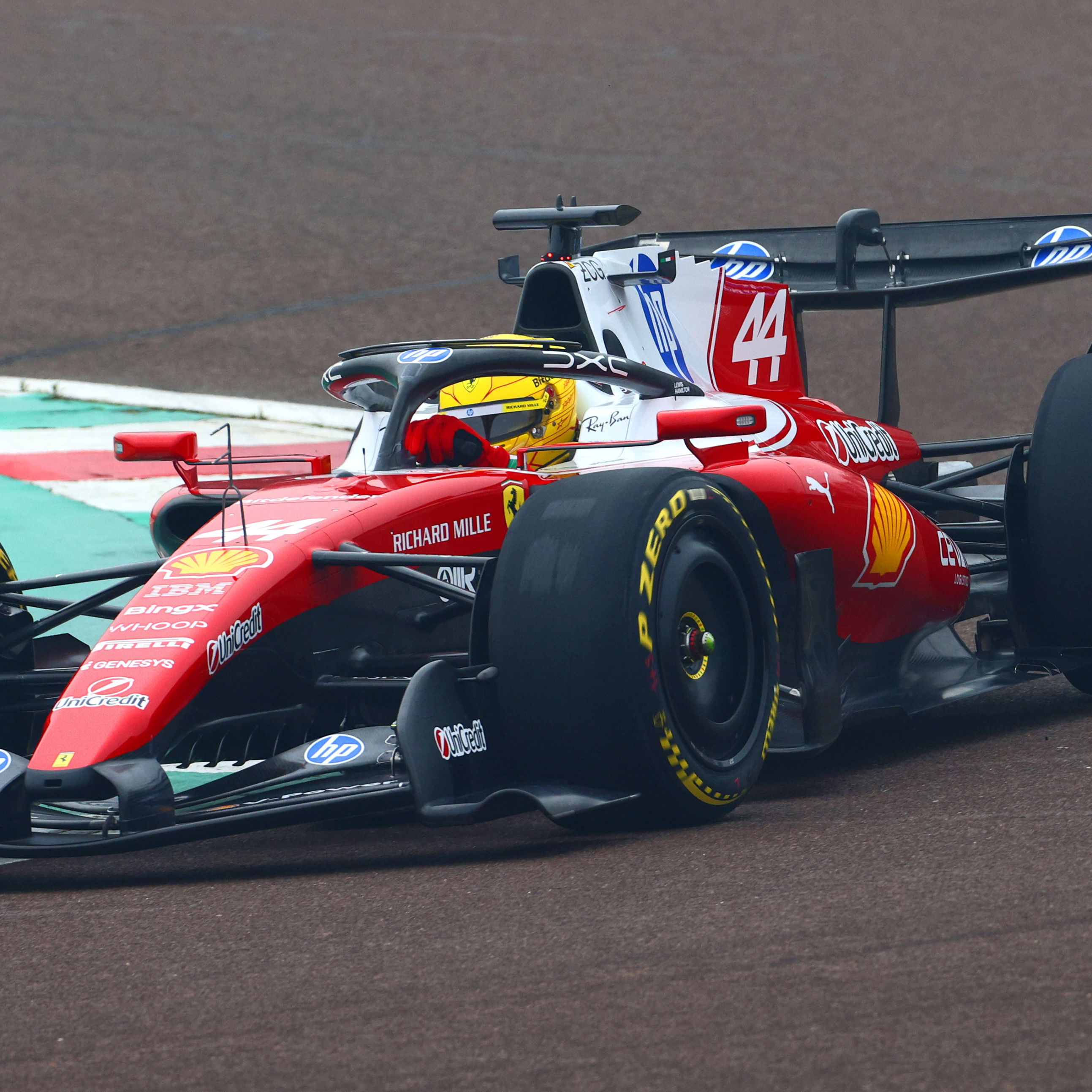Will Red Bull’s punishment deter future F1 cost cap breaches?

Red Bull have been fined $7m and docked 10 percent of their aerodynamic testing time for the next 12 months after their submitted accounts were found to be 1.6 percent over the $145m spending limit set during Max Verstappen’s title-winning 2021 campaign.
The FIA ruled there were 13 areas where Red Bull had wrongly excluded costs which amounted to an overspend of £1.8m, however, F1’s governing body acknowledged the team would have exceeded the cap by only £432,652 had they not omitted a tax credit in their submission.
Red Bull team principal Christian Horner described a 10 percent aero research reduction for an “0.37% overspend” as “draconian” but said his team “begrudgingly” accepted the sanction for the good of the sport.
With rivals including Ferrari and McLaren publicly expressing their displeasure at the size of the penalty, questions were raised as to whether the FIA’s verdict would draw a line under the case, or open up a new can of worms.
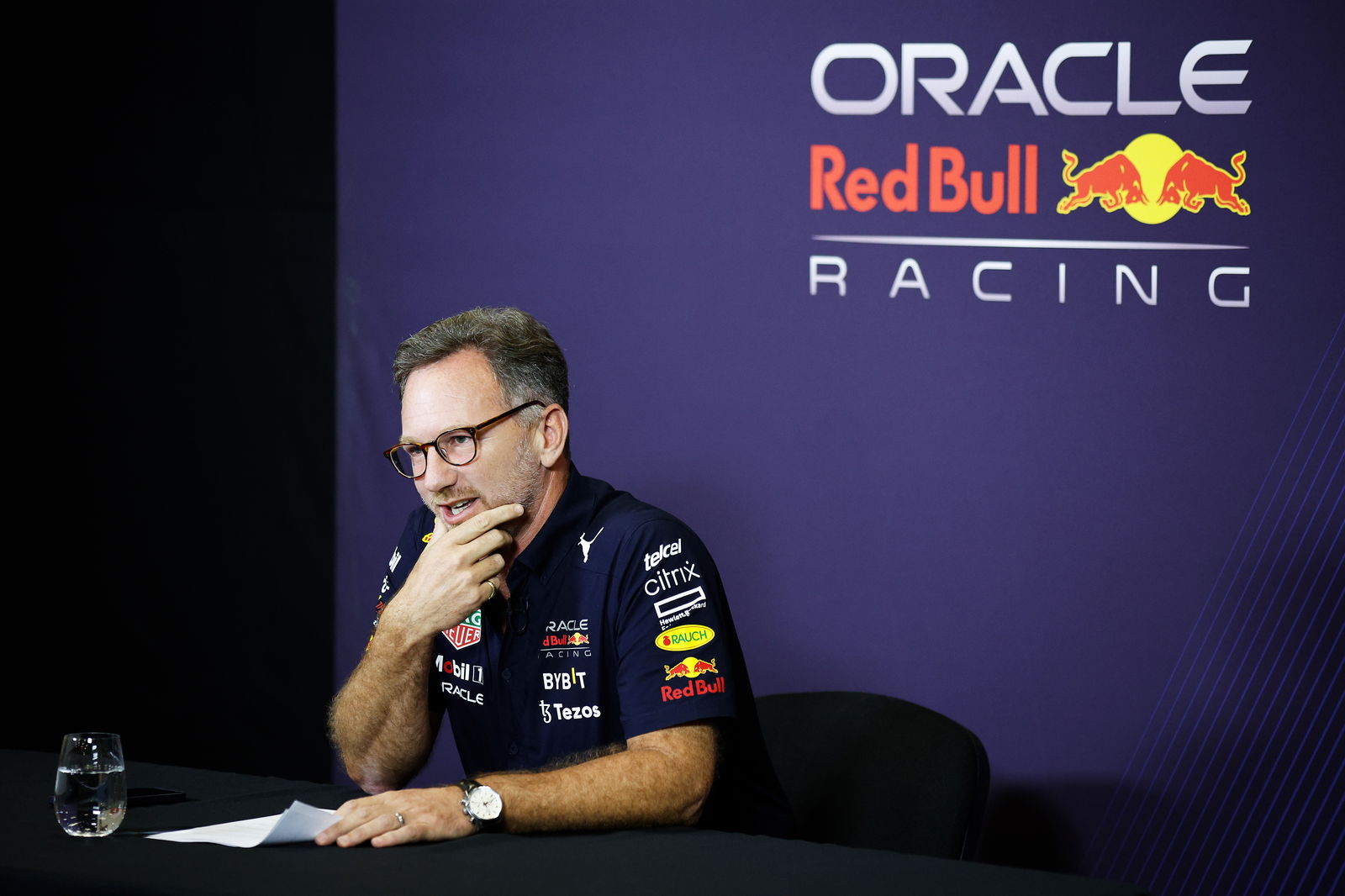
Asked whether the punishment was strong enough to prevent Mercedes from purposely committing a breach in future, Toto Wolff argued the “reputational damage” Red Bull sustained was a big enough deterrent.
"I think what you see is that beyond the sporting penalty and the financial fine there's also a reputational damage and in a world of transparency and good governance that's just not on anymore," Wolff told Sky Sports.
"And compliance-wise, in whatever team you are, you're responsible for representing a brand, your employees, your partners, and that's why for us it wouldn't be a business case.”
For Ferrari, question marks still remain.
Ferrari racing director Laurent Mekies was sceptical about Horner’s claims and the overall impact of the penalty, suggesting Red Bull’s Accepted Breach Agreement with the FIA simply encourages money that could have been detracted from their budget to be spent elsewhere.
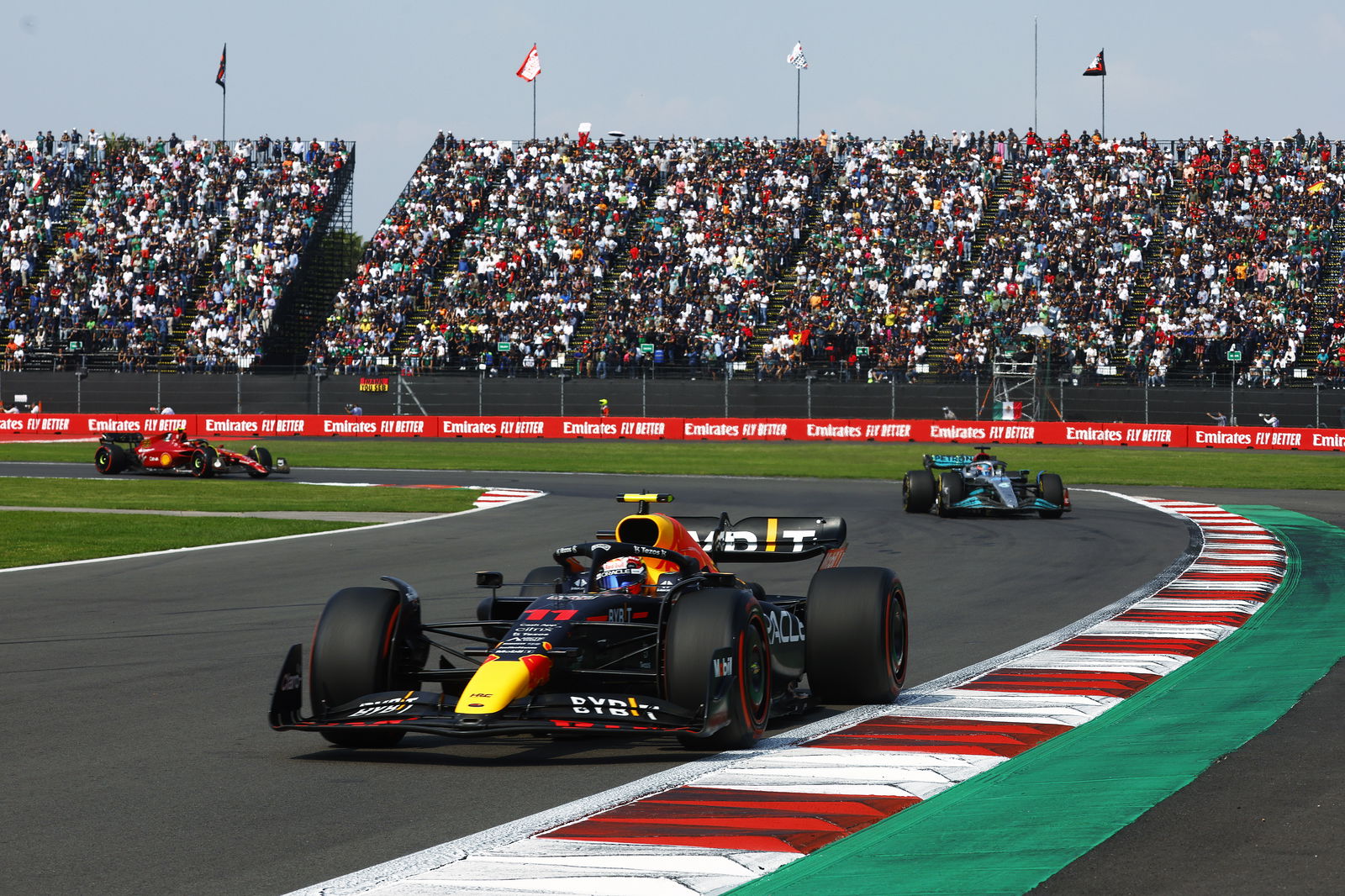
“We at Ferrari do not understand how the 10% reduction of the ATA can correspond to the same amount of lap time,” Mekies told Sky Sports Italia.
“Furthermore, there is another problem in that since there is no budget cap reduction in the penalty, the basic effect is to push the competitor to spend the money elsewhere.
“It has total freedom to use the money it can no longer spend on use of the wind tunnel and CFD due to the 10% reduction, on reducing the weight of the car or who knows what else.
“Our concern is that the combination of these two factors means the real effect of the penalty is very limited.”
‘Time to close the chapter’
Other teams believe it is the end of the matter - for now at least.
Mike Krack, whose Aston Martin team were fined $450,000 after striking their own ABA for procedural infringements of the cost cap, insists the FIA must be trusted to govern fairly and properly.
“This is for the FIA to judge,” Krack said when asked if he thinks the penalty strengthens the budget cap. “I think there has been enough polemics around the whole topic about how big the fine has to be.
“I think we should now look to the front and not back and discuss who had which fine and if it was large enough or not. The FIA is in charge of doing that.
“We have to trust that they do that correctly and respect that.”
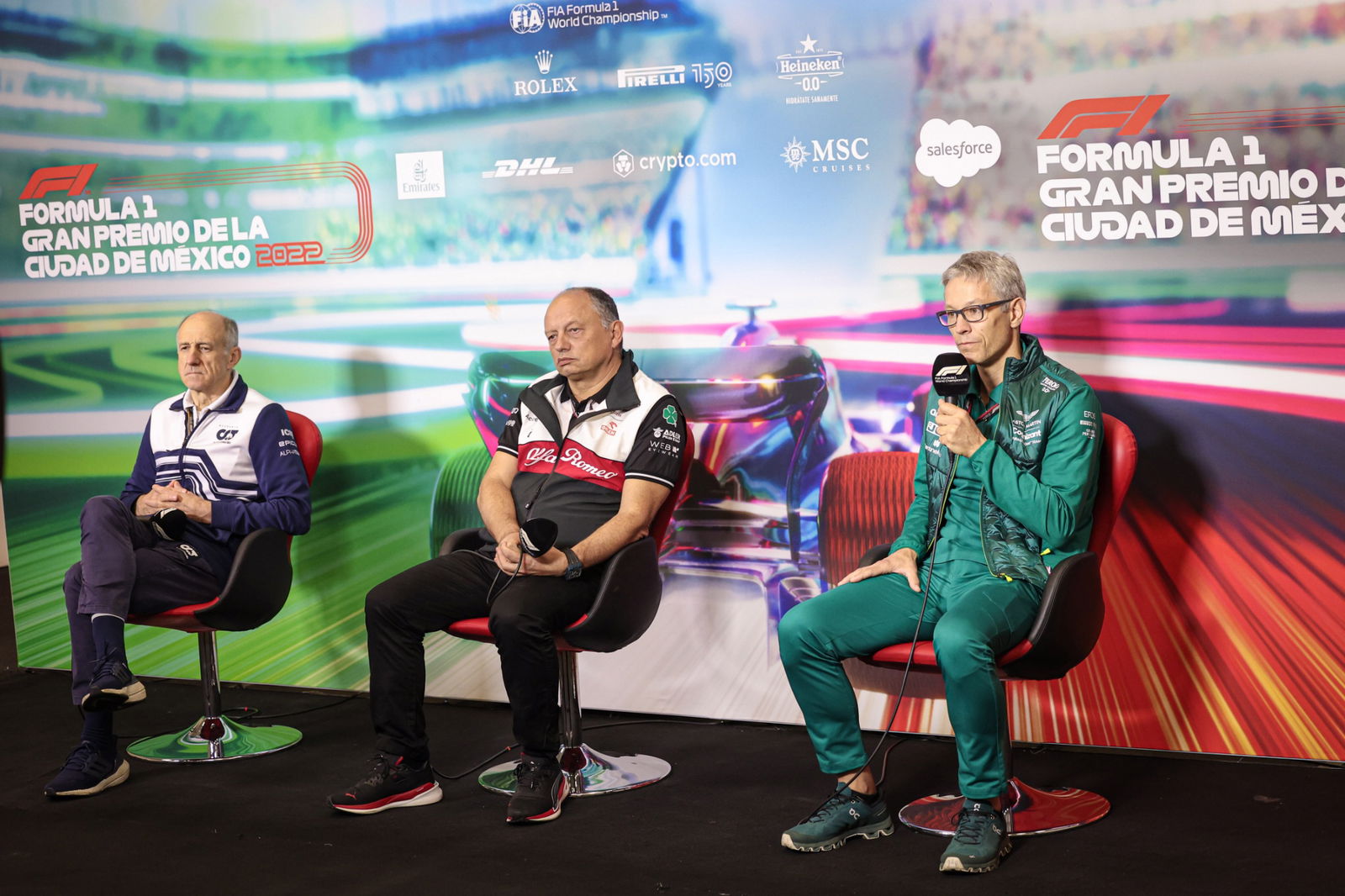
Despite dismissing Red Bull’s claim that their penalty could cost them up to half a second in laptime next season, Alfa Romeo team principal Fred Vasseur echoed Wolff’s view that brand damage alone would stop teams from making the same mistake.
"The biggest punishment for a team is to accept that they were overspending, in terms of image, and we don’t have to underestimate this one – for your employees, for your sponsors and so on,” Vasseur explained.
“I think it’s very good to reach the end of the discussion, to have a clear picture of the FIA, to have a clear decision from the FIA, to have an agreement from the team, also this will help to close the chapter.
“Then if you speak about technical or sporting decisions or penalties, it’s a bit different for me because I’m not sure we are making half a second with 10 per cent of your allocation, or we are very stupid.”
Horner highlighted the matter could have dragged on for “months” had Red Bull challenged the FIA and decided to take things as far as the FIA’s International Court of Appeal.
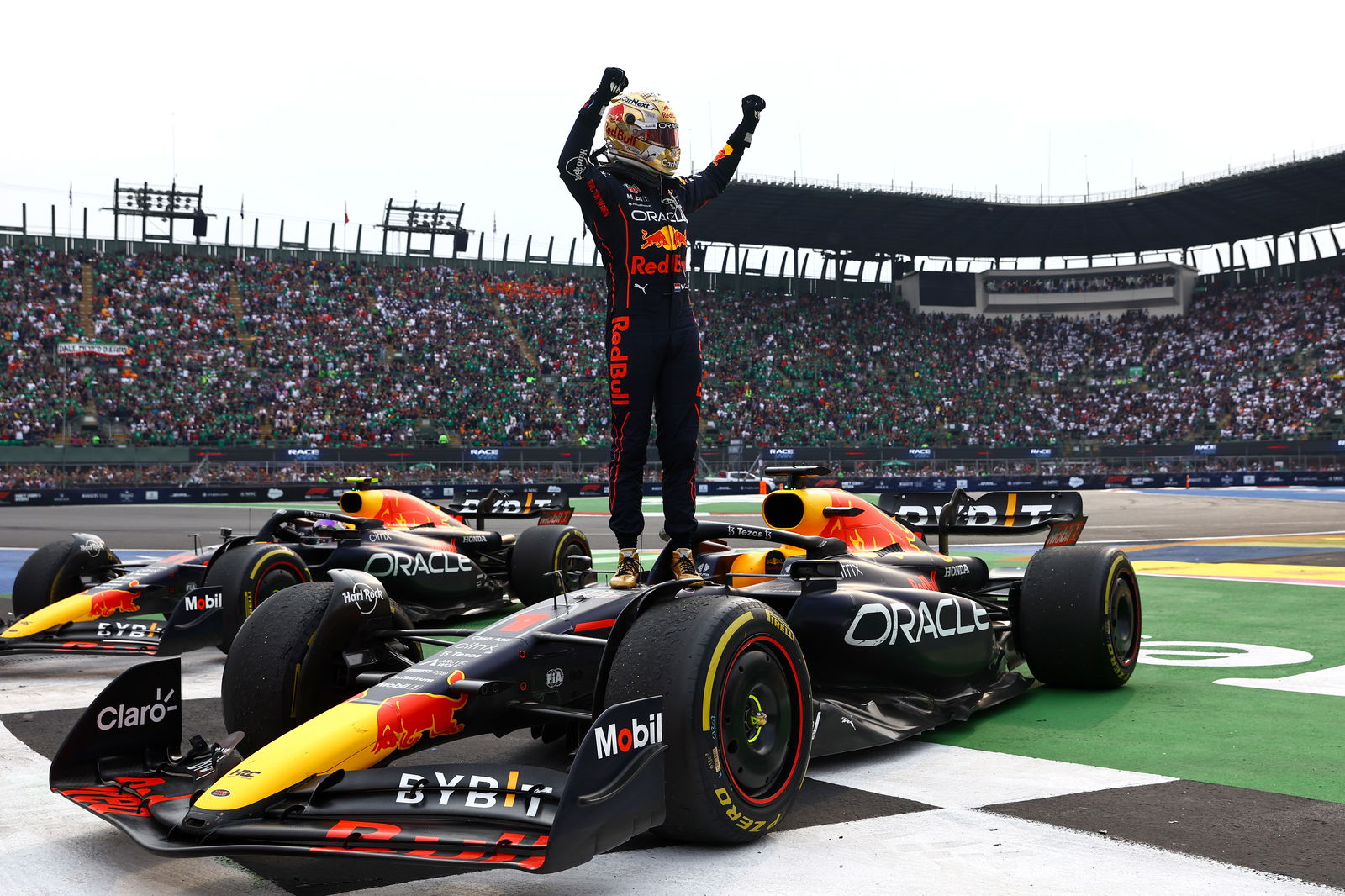
Concerns have also been raised about how long the auditing process took, as well as the prospect for F1 to be facing a case of deja vu when the results of teams’ spending for 2022 are revealed.
To avoid another potential cost cap saga this time next year, teams have urged F1 and the FIA to find a way of speeding up the process to ensure there is no controversy hanging over the outcome of the previous season’s championship.
“I think we should close this chapter now for 2021 but the FIA has to control the teams from the very beginning onwards, from January onwards, which is what I said already two years ago when we discussed this cost cap story,” said AlphaTauri team principal Franz Tost.
“Why? Because the regulation is very, very complicated and there is room for different interpretations and therefore the teams need some support and the FIA has to send people to the teams to check all this because it’s bad for the image of Formula 1, for the teams, whatever, if one year afterwards we discuss about overspending or whatever.
“This has to be done and sorted out during the season, that at the end of the season everything is finalised and the technical regulations are also possible; why shouldn’t it be possible in the financial regulations.
"We have a meeting every Tuesday. I know every Tuesday how much we are below the cost cap and how we have to react and I think this should be the F1 standard, that at the end of the season we know who won the championship and that this team was below the cost cap and everything has been sorted out.”
